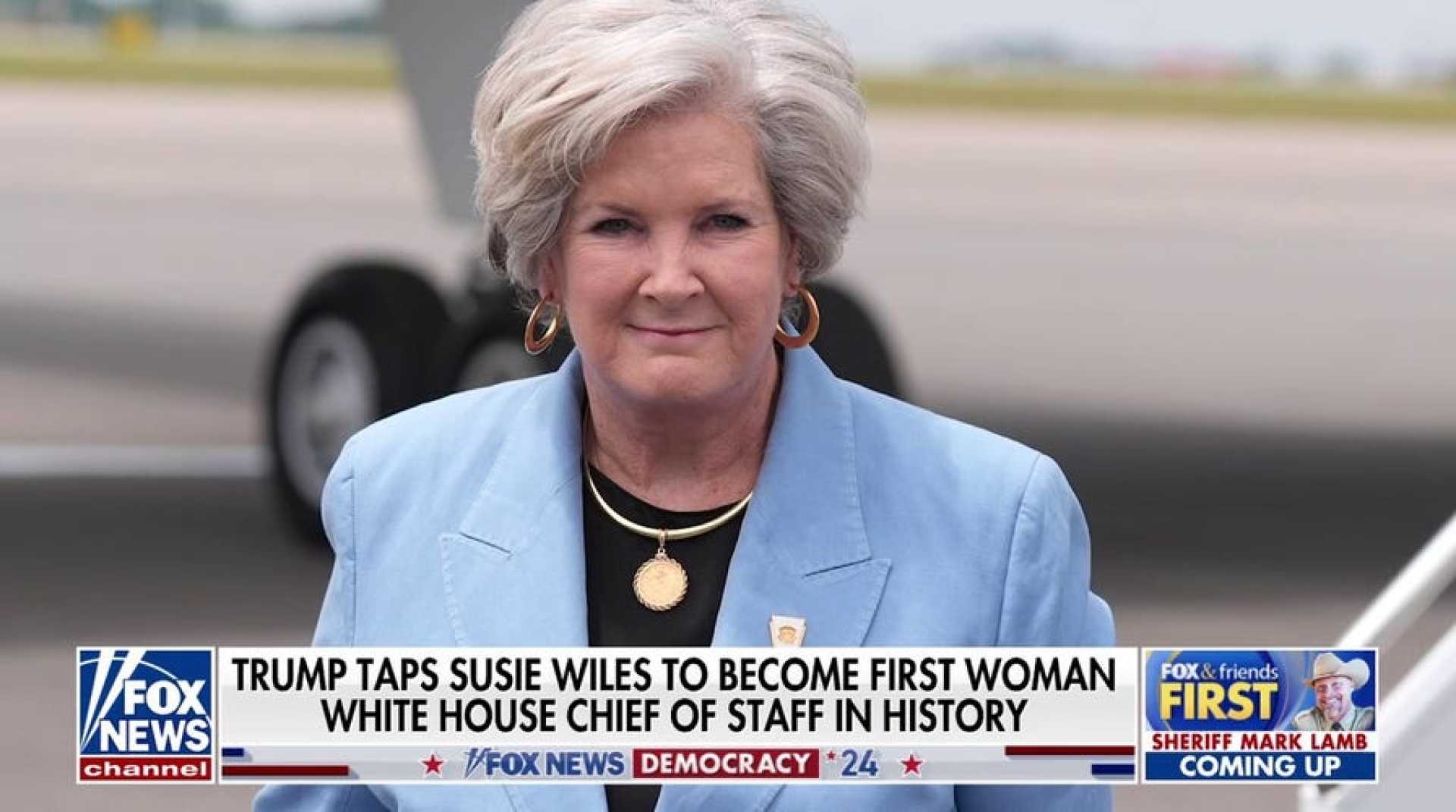Politics
Trump’s Potential Picks for Education Secretary: Speculation and Controversy

As President-elect Donald Trump prepares to announce his Cabinet picks, speculation is rampant about who will fill the role of the U.S. Secretary of Education. Several names have emerged as potential candidates, each with their own unique background and policy stances.
One of the prominent names is Ryan Walters, the state superintendent of Oklahoma. Walters has garnered attention for his proposal to incorporate the Bible into school curricula, a policy already implemented in Oklahoma. He has suggested that a national mandate to include the Bible in classrooms could be a part of his education agenda, emphasizing the role of faith in American history.
Cade Brumley, the state superintendent of Louisiana, is another contender. Brumley has advocated for a “back to basics” approach to education, focusing on subjects like math, reading, and science, and has supported expanding school choice programs. His experience and relatively moderate stance might make him a more palatable choice for Senate confirmation.
Other potential candidates include Tiffany Justice, co-founder of Moms for Liberty; Christopher Rufo, a board member at New College of Florida and senior fellow at the Manhattan Institute for Policy Research; and former Education Secretary Betsy DeVos, who has expressed support for Trump’s plan to dismantle the Department of Education. Additionally, names like Representative Virginia Foxx, Mitch Daniels, and governors Ron DeSantis and Glenn Youngkin have been mentioned as possible picks.
Trump’s education policy, as outlined during his campaign, includes plans to disband or significantly reduce the role of the Department of Education, promoting school choice and a free-market approach to education. This aligns with the views of former Education Secretary Betsy DeVos, who has criticized the federal agency for its regulatory overreach and lack of effectiveness in closing achievement gaps.
The transition comes at a time when public perception of colleges and universities is declining, and there is a debate over whether the department’s focus should shift from K-12 to higher education. However, experts like Jon Fansmith from the American Council on Education believe that K-12 policy will remain the primary focus due to its broader public impact.












